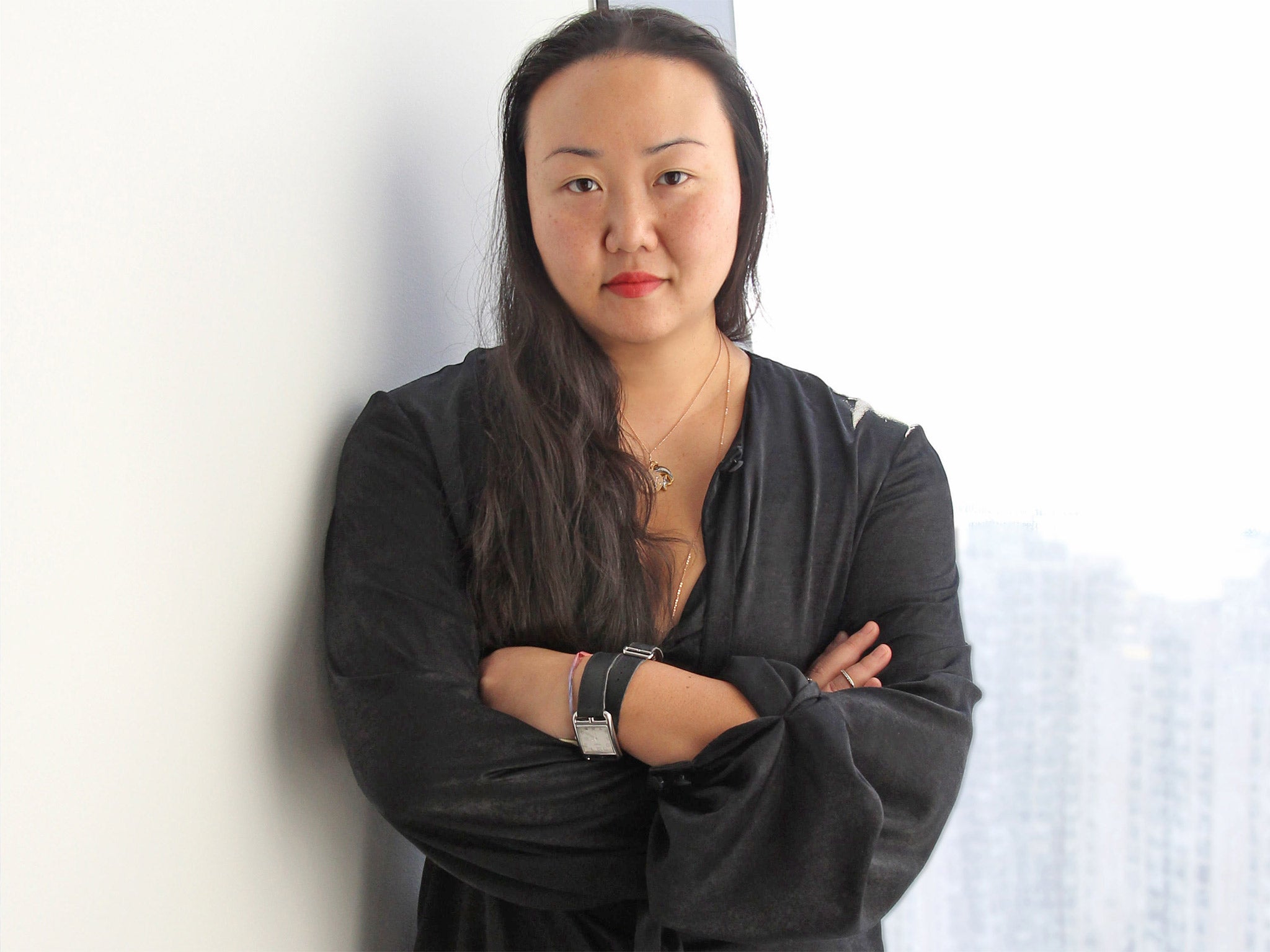The big book that's creating the big Booker stir; Week in Books

Your support helps us to tell the story
From reproductive rights to climate change to Big Tech, The Independent is on the ground when the story is developing. Whether it's investigating the financials of Elon Musk's pro-Trump PAC or producing our latest documentary, 'The A Word', which shines a light on the American women fighting for reproductive rights, we know how important it is to parse out the facts from the messaging.
At such a critical moment in US history, we need reporters on the ground. Your donation allows us to keep sending journalists to speak to both sides of the story.
The Independent is trusted by Americans across the entire political spectrum. And unlike many other quality news outlets, we choose not to lock Americans out of our reporting and analysis with paywalls. We believe quality journalism should be available to everyone, paid for by those who can afford it.
Your support makes all the difference.There are various points of contention in this year’s Man Booker shortlist – age (five out of six are aged between 28 and 46), America (four out of six live over there), anti-establishmentarianism (all the “revered” men and women of letters have been stripped out, bar Anne Tyler). But the biggest, most interesting, controversy surely comes in the choice of one book which has divided the critics – it seems – like no other.
It is Hanya Yanagihara’s second novel, A Little Life, a 720-page doorstop of a novel about four college friends who, at the start of the book, are in their early 20s, living in New York as a close-knit clique; the narrative roves across each of their lives, following them through subsequent decades, but it is the brilliant, secretive and scarred lawyer, Jude, who is the book’s heart and soul.
We enter his mind on page 86 when, as an adult, he reflects on his childhood to reveal a history of horrifying, graphically depicted sexual abuse. Some have found themselves hooked from the very first page – one Man Booker judge told me of reading it all in one night and crying for the next three days. There has been high praise from some critics, too, who speak of their admiration for such an immersive, intricately drawn picture of both a set of friends and a past trauma – the inescapable legacy of that sadness. This camp has been mesmerised, emotionally marked. Lucy Scholes, this paper’s reviewer, is such a fan that she has been trying to find another book that compares ever since she finished reading it.
Then there are critics who just don’t see it. They talk of melodrama and overblown writing that might – or might not – reflect the fact that Yanagihara wrote this book in a relatively short space of time, working furiously in all the off-duty hours her day job in journalism allowed her. I am hardly in a position to offer a well-formed opinion, given that I am only halfway through, but if truth be told, I am struggling not because I don’t admire the intricacy and love with which these characters are drawn, but because I am not nearly as hooked as its advocates suggest I should be. My opinion might change dramatically, another few hundred pages in, but from its early sections, it is reminiscent of Donna Tartt’s The Secret History – a book that did have me hooked – but with the thrillerish aspect taken out. A colleague glibly describes it as Donna-Tartt-meets-A-Child-Called-It. Make of that what you will.
It apparently took the jury six hours to reach consensus over this quirky, unexpected shortlist. I am willing to bet some of those hours were spent talking about this quirky, unexpected book, which is, according to the bookies, a favourite to win (though that prediction has, in the past, been the kiss of death).
Meanwhile, the contention that there are too many “Americans” on this year’s list might be a red herring: four are American residents, but their nationalities range from Nigerian (Chigozie Obioma) to Jamaican (Marlon James). The two undisputed Americans are Tyler and Hanagihara, who has Hawaiian heritage.
Yet the fact remains that only two are from the UK – Tom McCarthy and Sungeev Sahota – which is, on the one hand, a triumph of true breadth and diversity, but it may also bring us looping back to the debate ignited by Booker’s change of rules in 2013, extending submission to all writers in the English language (which allowed in the Americans, alongside UK, Irish, Zimbabwean and Commonwealth writers).
Talk of a specifically British prize for British people runs the risk of sounding parochial and jingoistic, but it needn’t be, necessarily. The remit of the Fiction Uncovered prize, for instance, is solely British and Hannah Westland, a member of its advisory committee (and publisher at Serpents Tail), feels that this is a good thing, in general. The prize landscape, she thinks, “has changed dramatically in the UK in the past five years, and [this] shift in focus away from British writing presents serious challenges”. She thinks it is much harder for British novelists to win prizes now, and that a “prize for British writing would have the chance to radically change this situation in a hugely positive way”.
This is not to criticise the Booker’s evolution, or sound a sour note over this year’s diverse and refreshing shortlist. It is to pose the question of whether there could be, whether there ought to be, more space for a singularly British prize, which, like Booker, judges the novel as an artform, but which specifically distills the literary and imaginative preoccupations of our nation. It is certainly worth a discussion.
Join our commenting forum
Join thought-provoking conversations, follow other Independent readers and see their replies
Comments